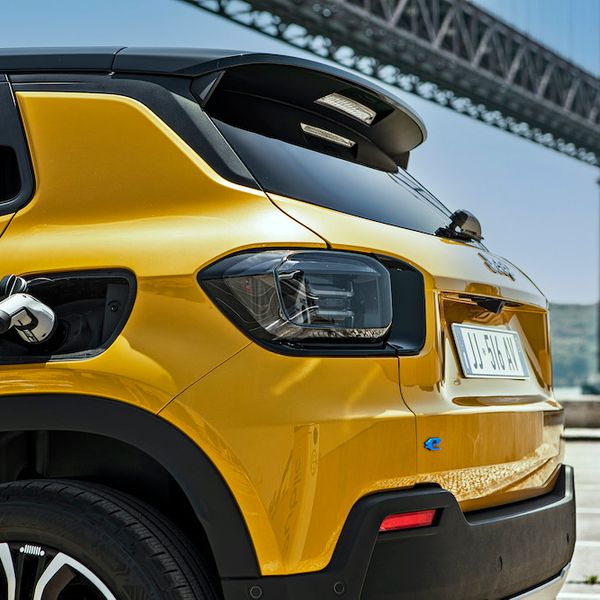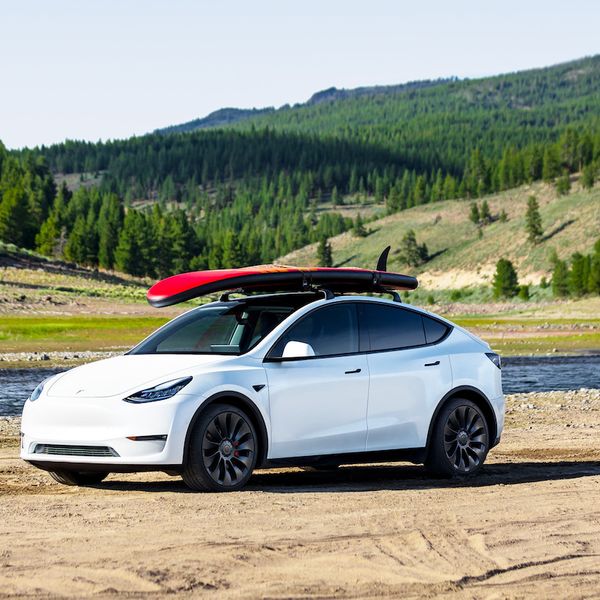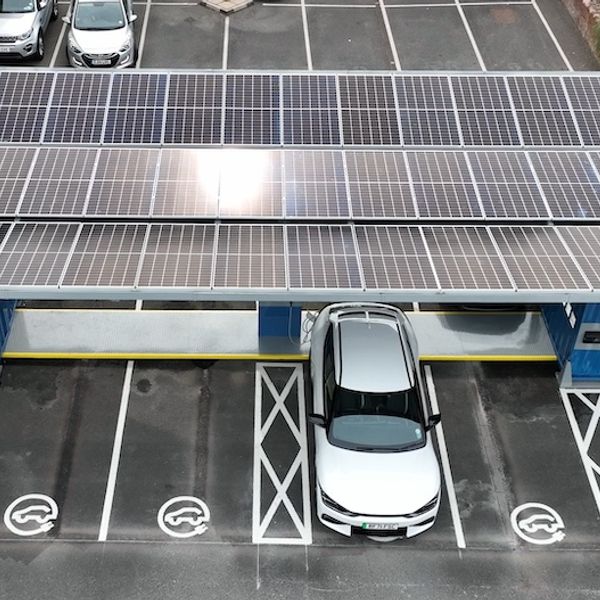The London Fire Brigade is to take delivery of its first Zero Emission Capable Pumping Appliance (ZEPA1) – a fire engine which is capable of running entirely on electricity.
The Brigade will be the first fire and rescue service to use an electric-hybrid fire engine when it is due to start being trialled later this year. It is hoped the project will help grow the market for zero emission specialist vehicles in the UK’s emergency services.
Developing zero emission solutions for fire engines is particularly challenging as they have demanding performance requirements – not only do these heavy vehicles have to attend incidents as soon as possible, but they also have to be able to pump water for long periods of time, and transport equipment and machinery to deal with fires, flooding and other incidents.
The ZEPA1 is based on a Mercedes truck and has a 1,750 litre water capacity and can also carry 100 litres of foam. It has a 280kWh battery giving a 200 mile range. There is also a small ‘range extender’ petrol engine which can be used in (bigger) emergencies.
ZEPA1 has minimal spec differences to the Brigade’s existing 143 fire engines. It has a range of over 200 miles, can pump water continuously for four hours, has air conditioning and heating and the same control systems.
It is planned to be trialled as a frontline fire engine later this year and is capable of meeting all of the Brigade’s demanding operations – ensuring it will carry out the work of a standard diesel appliance in travelling to a fire, pumping the water required to put it out, and travelling back to the station.
 ZEPA1 is based on a Mercedes chassis and has a 200 mile range
ZEPA1 is based on a Mercedes chassis and has a 200 mile range 













